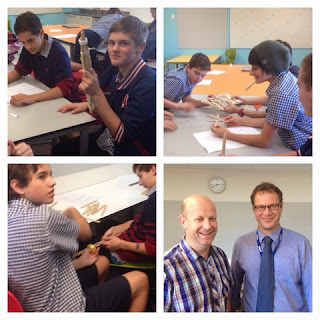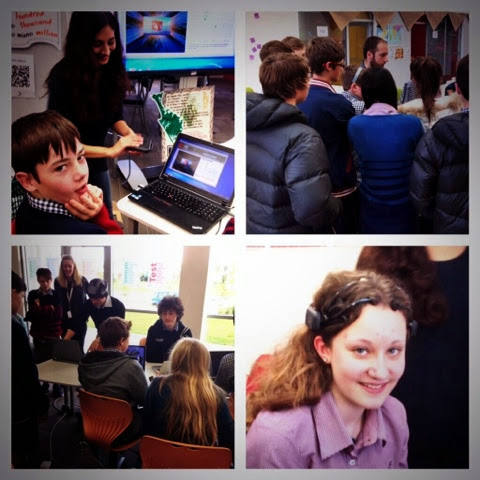What is the biggest challenge currently facing education in New Zealand?

This post was originally written Education Review Series - Sector Voices: the biggest challenge facing education There are a number of issues that come to mind when pondering this question; that society is changing so much faster than the schools who fail to keep up through a lack of infrastructure or lack of perceived need to transform or the the academic “tail” that so oft seems to serve as a political cat o' nine tails to flagellate New Zealand educators. However the one issue I actually see as our biggest challenge is our national models of assessment at both primary and secondary level. I believe it is now time to begin a nationwide discourse about how we might re-design national assessment in order to drive change in curriculum design in all NZ schools in order to improve outcomes for all. One of the biggest issues with national assessment is also one of the biggest bonuses - quite simply, national assessment is the ‘tail that wags the dog’ in education. What we me















